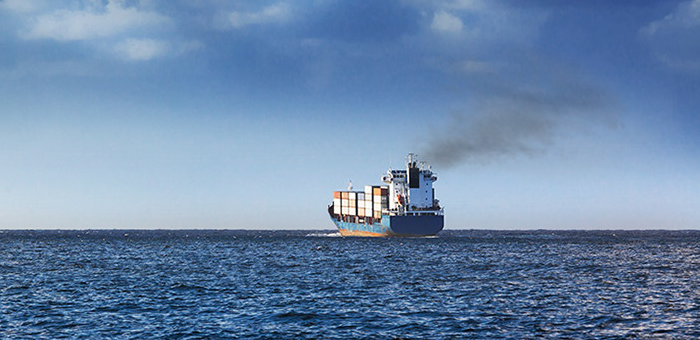IBIA welcomes IMO’s decision to incorporate safety provisions in SOLAS, separating the subject from discussions around the implementation of the new 0.50% sulphur limit under MARPOL Annex VI.
Namely, according to IBIA’s release, the decision was established during the 100th session of Marine Safety Committee (MSC), held at IMO’s London headquarters in the first week of December.
IBIA urged caution on the proposal to incorporate safety provisions in SOLAS, telling MSC 100 that the proposal was vague with regards to how safety aspects might be incorporated in the regulation.
[smlsubform prepend=”GET THE SAFETY4SEA IN YOUR INBOX!” showname=false emailtxt=”” emailholder=”Enter your email address” showsubmit=true submittxt=”Submit” jsthanks=false thankyou=”Thank you for subscribing to our mailing list”]
Moreover, IBIA supported that the ISO 8217 marine fuel standard is easy-to-adopt and can be updated when new information comes to surface.
MSC concluded that while fuel safety was a longstanding existing concern which needed to be carefully addressed, this should not affect Member States’ commitment to implementing the 2020 sulphur limit.
It was also agreed that MSC does need to address safety issues and that this will be included in its agenda for MSC 101 as a new item on “Development of further measures to enhance the safety of ships relating to the use of fuel oil”.
For the time being, the minimum 60°C flash point limit for marine fuels is covered both under SOLAS and ISO 8217. Yet, that’s not a barrier when it comes to fuels with off-spec flashpoint being supplied to ships.

































































